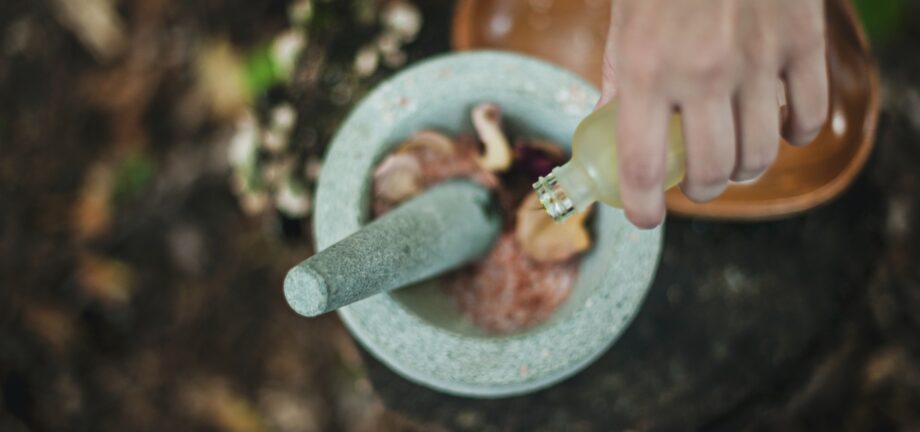Ever wondered why you look tired or struggle with remembering things? Have you ever looked at what your sleep pattern is like? I have been a flight attendant for the past 21 years, and can tell you for sure that there is a reason they call them ‘red-eye’ flights.
Other than brain fog, eye bags and jet lag, my skin suffers the most after a night flight, hence for us as cabin crew it is now a mandate to complete a course on understanding your circadian rhythm.
Getting enough sleep is essential for cell rejuvenation and repair, as well as for maintaining overall health and well-being. It’s recommended that adults aim for 7-8 hours of sleep each night to support optimal cell function and renewal.
So here is what happens when you sleep – the body releases something called growth hormone, which stimulates cell division and renewal. This is particularly important for the skin, as skin cells regenerate more quickly during sleep than during waking hours.
In addition to promoting cell growth and renewal, sleep also helps to reduce inflammation and oxidative stress, both of which can damage cells and accelerate the ageing process.
During sleep, the body produces antioxidants that neutralise harmful free radicals and protect cells from damage.
Studies have also shown that sleep deprivation can impair the immune system, making it harder for the body to fight off infections and illnesses. (That is why when you are sick, all you ever want to do is sleep it off.)
This is because sleep is when the body produces cytokines – these are proteins that help regulate the immune system and fight off infections.
I know there’s a load of scientific information here, but I warned you there is strong science behind the importance of sleep and well-being and it is directly related to your skin.
If you have kids, get them to bed early enough to ensure they get at least 10 hours of quality sleep to grow well.
Off to bed now!
